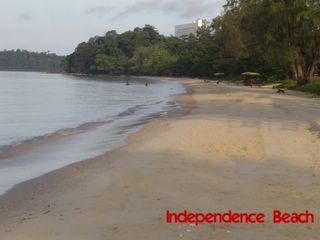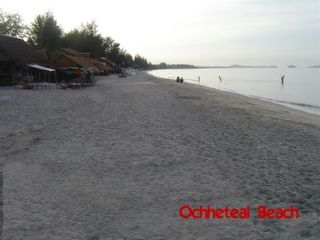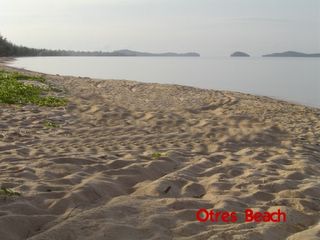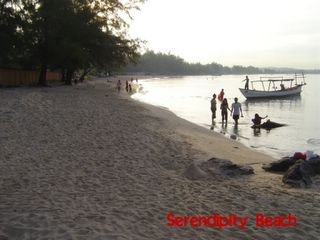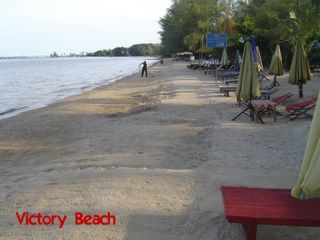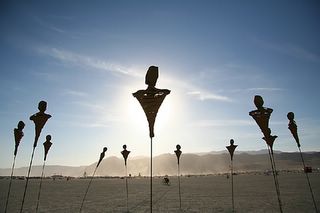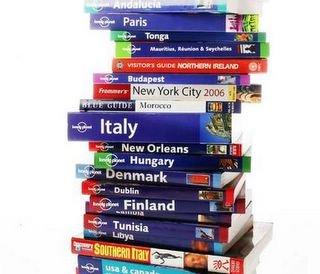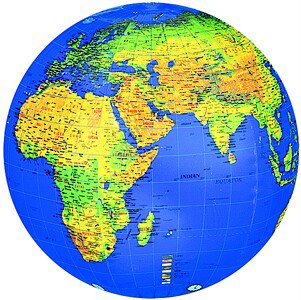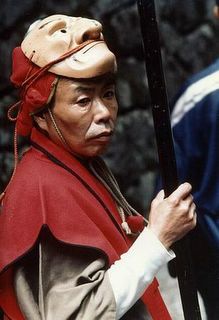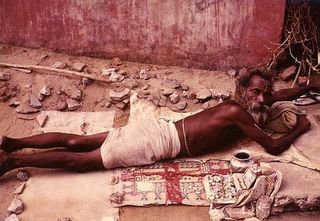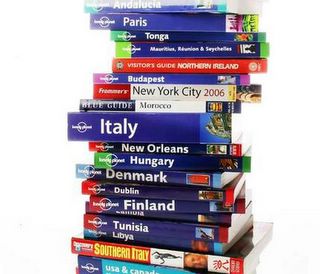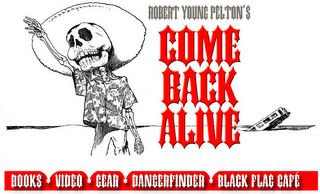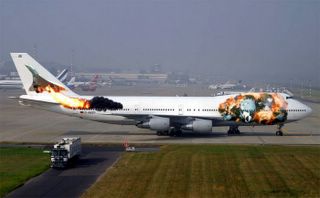
Saudi Airlines
Are you sick and tired of long, boring trans-Pacific flights, stuffed into economy class with horrid food and surly waitresses? A very clever guy in Saudi Arabia may have discovered the solution.
Cargo worker sleeps, wakes up in Turkey
ISTANBUL, Turkey (AP) — It was a short flight, and Muhammet Ahmet Mursi slept almost the whole way. No leg room complaints. No cramped seats. No annoying intercom announcements.
Only the heat wasn't on and it started to get a little cold. Cold enough to make Mursi wake up. Cold enough to make him realize he was in the cargo hold. Cold enough that he screamed so loud the pilots heard him.
Mursi, a cargo worker in Saudi Arabia, fell asleep on the job Wednesday night as he loaded the suitcases of Muslim pilgrims from Turkey on a Turkish Airlines flight from the Saudi port city of Jeddah to the southeastern Turkish city of Diyarbakir.
Mursi woke up somewhere over southeastern Turkey, television station NTV reported Thursday. He managed to make himself heard from among the boxes and suitcases he was stretched out on, prompting the pilots to pump him some hot air. Bearded, wearing all orange and on a stretcher, Mursi was seen being taken from an airport in Diyarbakir, Turkey for medical treatment at a local hospital. Yusuf Yagmur, a doctor, said Mursi was suffering from pneumonia.
"The patient was in a panic and he had pneumonia," Yagmur told Anatolia news agency. "His treatment will take a few days." He will be returned to Saudi Arabia, probably on a seat, when his treatment is complete, NTV said.
USA Today Link


